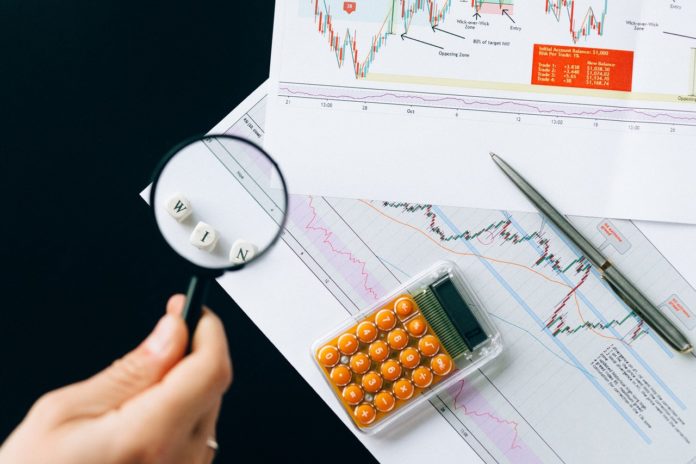“Forex” or “foreign exchange” refers to the practice of exchanging foreign currency. Frequent uses for currency conversion are in international commerce and tourism; however, the most prevalent ones are business and trade. So, now that you know what is forex trading all about. The BIS (a global bank for national central banks) said in its 2019 triennial report that daily currency trading volume reached $6.6 trillion in April 2019.
What Is Forex Trading, Anyway?
The foreign exchange market is where forex trading takes place. Currencies allow people to purchase and sell goods and services locally and globally. Foreign currency must be exchanged to do international business. Purchasing French cheese necessitates paying in euros, regardless of whether you buy it yourself or go via a third-party vendor (EUR). As a result, the US importer will have to exchange the same USD into EUR.
Because there is no central marketplace in the global market, it is unique. Rather than on a centralised exchange, OTC (over the counter) trading is conducted electronically by traders throughout the world. The world’s biggest financial centres all provide 24-hour FX trading five days a week. Tokyo and Hong Kong begin a new trading day while the US market shuts for the day. Forex trading may be turbulent at any moment of the day because of this. If you live in any part of the Asian continent, then you have to read on the best forex market hours in each Asian country.
What makes currency trading possible?
Before the internet, currency trading was extremely challenging for the typical investor. Most forex traders are either large corporations, hedge funds, or very well-off individuals to make a decent profit. Because of the internet and the advent of retail trading, customers may access foreign currency markets directly via banks or through brokers operating in the secondary market. It is pretty rare for online brokers to allow small account holders to trade large amounts of money, even if they have a small amount of money.
Overview of the Forex Markets
An exchange market for foreign currencies is when different currencies are bought and sold. Because it is the only trading market in the world that is open every day of the week, it is always available to traders. With their clients’ interests always at heart, the currency market has always been controlled by institutions like financial institutions and large banks. In recent years, the market has become more retail-oriented, with dealers and investors of all sizes participating. The exciting truth about the world’s currency markets is that they don’t have any actual trading places. Trades are made via a network of trading terminals and computer networks. Private investors and financial institutions such as investment banks and commercial banks are all active in this market.
Financial markets are seen to be less transparent than the foreign exchange market. The trading of currencies on OTC markets does not need any disclosures. Large liquidity pools from institutional investors characterise the market. As a result, the state of a country’s economy has a significant impact on the price of a product. That’s not the case, as it turns out. A survey conducted in 2019 found that the primary driving force for currency valuations was the self-interest of large financial institutions.
A product’s or service’s target audience
Consequently, the majority of the foreign exchange market’s futures and forwards trading has traditionally taken place on the spot market. Forwards and futures volumes were more critical than spot market volumes in the past. However, the volume of trade in the forex spot market has expanded due to computerised trading and the expansion of forex brokers. The term “spot” is often used to describe it in the forex market. Forwards and futures markets are more often used by companies that need to protect themselves against currency fluctuations in the future.
What is a spot market, and how does it work?
This is where the current market value of currencies is transacted. Interest rates, economic performance, political sentiment, and the perceived future performance of one currency vs another are factors that influence the value of one currency relative to the other. In a free market, prices are set by the forces of supply and demand. When a contract has been finalised, it is known as a “spot deal.” The agreed-upon currency amount is exchanged for the agreed-upon currency amount at the agreed-upon exchange rate value by one party. Settlement payment is made in cash as soon as a deal is completed. Although these trades take two days to settle, it is well known that the spot market only deals with current transactions and not future ones.
Futures and options markets are a kind of financial market.
A “forwards contract” is an agreement between two parties to buy currency at a specific price in the OTC market at a later date. Two parties sign a futures contract in which they agree on a predetermined date and price for money delivery. An alternative to currency exchange is to employ a contractual agreement that specifies the currency, the price per unit, and the settlement date. OTC contracts are exchanged on the forwards market by two parties, each of whom sets the terms of the agreement. Futures contracts are exchanged on commodity exchanges like the Chicago Mercantile Exchange, standard size and settlement date.










